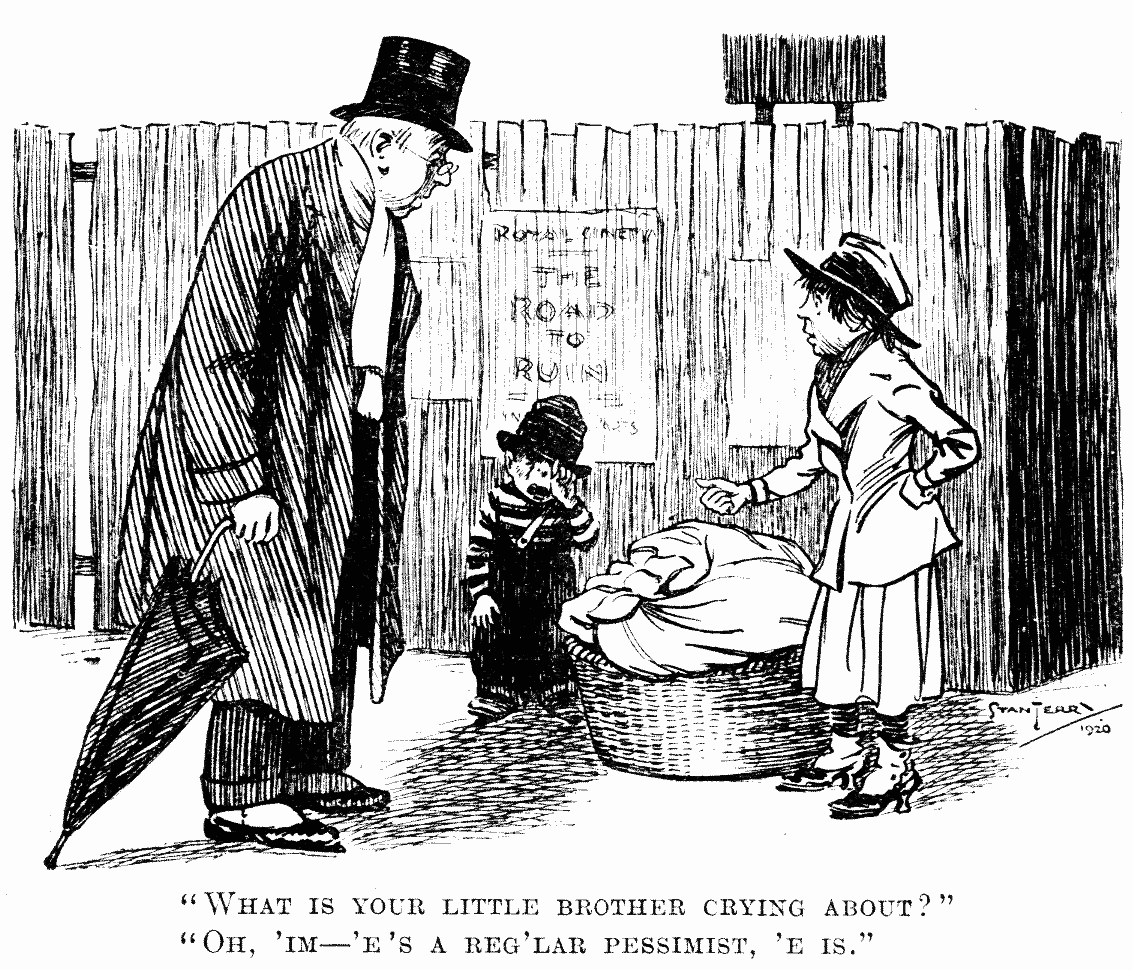 There’s been a rash of prominent professionals declaring their gayness recently. Remarkably, in their respective industries few have come (out) before them, probably because these fields lean toward the macho. Take a look at the rundown:
There’s been a rash of prominent professionals declaring their gayness recently. Remarkably, in their respective industries few have come (out) before them, probably because these fields lean toward the macho. Take a look at the rundown:
- Don Lemon, CNN reporter and news anchor
- Jared Max, ESPN New York 1050 sports radio host
- Georgia State Representative Rashad Taylor (D-Atlanta), and
- Rick Welts, president and chief executive of the Phoenix Suns — it’s a basketball team.
We’re totally touched by the sentiments these fellows expressed about the process of revealing their true selves on the job. Consider:
Don Lemon, in an interview with the Washington Blade, said “I just feel like a new person,” and
[In coming out now,] at first there was a perceived risk. That, you know, my livelihood would be taken away, that people would shun me, that people would ostracize me, that people would turn off the television and not watch me. Sometimes the fear of the unknown is worse than actually knowing, right? Now that I’ve come out, and I’m on this side, then now I’m living in that risk and that fear. Maybe there are people that won’t watch me. Meh! I’ll have to deal with it. Maybe there are people who are going to write bad, dirty things about me. Meh! I’ll have to deal with it. Before I was dealing with the possibility, which isn’t real. So now I’m living it. So now I’m walking, and taking those steps, and every single day, if it does indeed happen, then I’ll just have to deal with it. And I’ll have to discuss it. If it doesn’t happen? Then all of that fear was for naught. So the actual fear was losing my livelihood. Who knows? That could still happen. But you know what? I don’t think so. I tend to believe in the goodness of people.
Next, Jared Max put new meaning in “Maxed Out in the Morning”, his ESPN radio show, by declaring live on air “I’ve hidden behind what is a gargantuan-size secret here in the sports world. I am gay,” and then Read more




